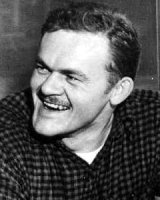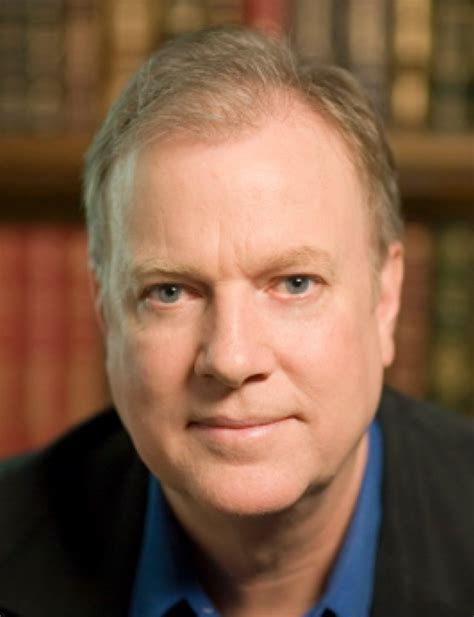A Quote by Karin Slaughter
Though he was not a reader himself, my father understood that reading is not just an escape. It is access to a better way of life.
Related Quotes
Reading is everything. Reading makes me feel like I've accomplished something, learned something, become a better person. Reading makes me smarter. Reading gives me something to talk about later on. Reading is the unbelievably healthy way my attention deficit disorder medicates itself. Reading is escape, and the opposite of escape; it's a way to make contact with reality after a day of making things up, and it's a way of making contact with someone else's imagination after a day that's all too real. Reading is grist. Reading is bliss.
Reading is sometimes thought of as a form of escapism, and it’s a common turn of phrase to speak of getting lost in a book. But a book can also be where one finds oneself; and when a reader is grasped and held by a book, reading does not feel like an escape from life so much as it feels like an urgent, crucial dimension of life itself.
Every reader, as he reads, is actually the reader of himself. The writer's work is only a kind of optical instrument he provides the reader so he can discern what he might never have seen in himself without this book. The reader's recognition in himself of what the book says is the proof of the book's truth.
Reading changes your life. Reading unlocks worlds unknown or forgotten, taking travelers around the world and through time. Reading helps you escape the confines of school and pursue your own education. Through characters - the saints and the sinners, real or imagined - reading shows you how to be a better human being.
Reading, therefore, is a co-production between writer and reader. The simplicity of this tool is astounding. So little, yet out of it whole worlds, eras, characters, continents, people never encountered before, people you wouldn’t care to sit next to in a train, people that don’t exist, places you’ve never visited, enigmatic fates, all come to life in the mind, painted into existence by the reader’s creative powers. In this way the creativity of the writer calls up the creativity of the reader. Reading is never passive.
Characters who are absolutely sure about what they do, who plunge ahead without fear, are not that interesting. We don’t go through life that way. In reality, we have doubts just like everyone else.
Bringing your Lead’s doubts to the surface in your plot pulls the reader deeper into the story, and this is an excellent way to coax the reader to lose himself in the story world you’re about to create.
By clarity I don't mean that we're always in kind of a simple area where everything is clear and comforting and understood. Clarity is certainly a way toward disorientation because if you don't start out - if the reader isn't grounded, if the reader is disoriented in the beginning of the poem, then the reader can't be led astray or disoriented later.
Every man speaks and writes with intent to be understood; and it can seldom happen but he that understands himself, might convey his notions to another, if, content to be understood, he did not seek to be admired; but when once he begins to contrive how his sentiments may be received, not with most ease to his reader, but with most advantage to himself, he then transfers his consideration from words to sounds, from sentences to periods, and, as he grows more elegant, becomes less intelligible.
When you read a great book, you don’t escape from life, you plunge deeper into it. There may be a superficial escape – into different countries, mores, speech patterns – but what you are essentially doing is furthering your understanding of life’s subtleties, paradoxes, joys, pains and truths. Reading and life are not separate but symbiotic.



































